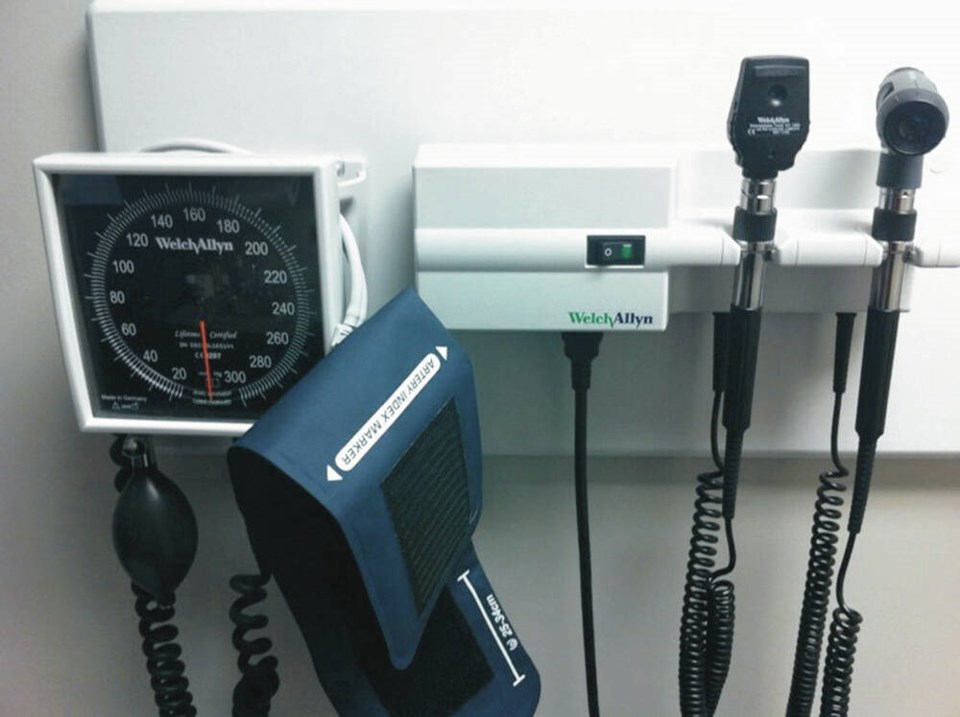A commentary by a former board director of the Doctors of B.C. She spent six years as a board director for the Canadian Rheumatology Association. She now dedicates her career to the advancement of team-based care for outpatient physicians.
The recent health ministers’ summit identified urgent health-care issues, such as long waitlists and access to team-based care. British Columbia has signed a deal with the federal government for $1.2 billion over three years to specifically address these issues.
I have a proven solution. For the past 10 years I have conducted my own privately funded quality improvement research on how different health-care professionals can work together in a team, also known as team-based care.
I increased my patient volume from 700 to more than 3,000, and patient visits from 1,800 to 5,400 per year.
In 2022, the Special Services Committee — a collaborative committee between the government and Doctors of B.C., focused on the delivery of specialist services and support improvement of the specialist care system — and I engaged in a pilot project to determine if my team-based care model could be transferred to other specialties.
Specialists Team Care 1.0 (STC 1.0) was created and implemented, involving 10 specialists from nine specialties.
The results are amazing. On average, the specialists increased their patient capacity by 50 to 100 per cent within the first four months.
My 10 years of research conclusions are:
1. Outpatient health care requires a major redesign where health care professionals are empowered to practice medicine more effectively and efficiently, in teams.
Physicians focus on their core responsibilities: diagnosing, treating, and problem solving. Nurses and allied health professionals apply their skills to meet other patient care responsibilities. My research has proven this is possible.
2. Physicians need new skills in human resources, leadership, effective communication, and small-business operations. This is not taught during medical training.
3. More research is needed to develop a system for spreading the STC model on a large scale. It requires the development of tools and methods to teach sustainable team-based care.
Specialists Team Care has proven to significantly reduce patient wait times, reduce the administrative burden placed on the physician, allow patients to access the expertise and skills of nurses and allied health professionals, enhance the quality of patient care, and set the stage to reduce pressure on other costly health care services, such as emergency departments.
The foundation of STC is that it does not require new resources. It reallocates existing health-care professionals in a manner that allows them to achieve their full potential.
It focuses on breaking down barriers to bring together existing resources to create new sustainable ways for delivering outpatient health care.
I have developed a two-year research strategy for creating a curriculum that will provide STC to all interested outpatient physicians. However, when I proposed my research strategy to senior Ministry of Health staff, I was told that:
1. It is unlikely they could support my proposal.
2. I had not demonstrated that there was a demand for STC.
3. I should consider going somewhere else with my proposal.
Their reasoning for the unfavourable decision illustrates they do not understand the issues faced on the ground by physicians. I have a model of team-based care built on 10 years of research experience that has twice proven to be effective.
STC is a transformational and revolutionary answer to one of health care’s most pressing problems. There is a large demand from doctors wanting this model of care.
Within two weeks, through word of mouth, I created a waiting list of more than 40 physicians who want to participate in STC, which includes family doctors.
I believe the government should be avidly promoting STC to address the multiple serious issues that confront specialist care in the province. STC brings many great advantages: cost effectiveness, reduced hospital/ER visits and increased patient and staff satisfaction.
These should make this project extremely attractive to the Ministry of Health.
Health care in B.C. is not going to improve until patients, physicians, and nurses/allied health-care professionals step up with a unified voice. The current system does not tolerate innovative and creative health care solutions from frontline health care workers due the entrenched bureaucracy.
These workers have proven solutions and must be instrumental in leading health-care reform. This the only way to effectively heal our health-care system.
The question I pose is this: With a million British Columbians waiting — often in great pain as their conditions worsen — to see a specialist, why is B.C. not embracing team-based care for specialists’ practices?
My research shows that STC gets real results by reallocating existing resources.
Without support for STC from the Ministry of Health, I, and others like me, will find alternative means to fund universal health care reform for the people who are desperate for it.
Perhaps this is what is needed to facilitate effective health-care change in B.C.
>>> To comment on this article, write a letter to the editor: [email protected]



